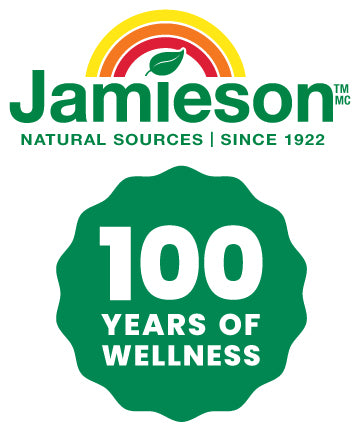And in a blink, the cold season is upon us. While it feels like there is no better time to bulk up on comfort food, don’t let the weather set you up for sickness. When it comes to the common cold, there is no better defense than your immune system. Make sure it’s cold-weather-ready with these go-to nutrients.
Vitamin C
While it is well known for its beauty-boosting properties, vitamin C can also be credited for its ability to defend your immune system, and it works to protect you from free-radicals. Supplementing with vitamin C has been shown to reduce the average duration and severity of the common-cold, and may even help reduce the risk of developing more serious ailments like pneumonia and lung infections.
Where you can find it:
Citrus fruits, peppers and some leafy green veggies like broccoli and Brussels sprouts.
Iron
Iron plays a huge role in protecting your immune system from the common cold. Not only does it help transport oxygen through the body, it also happens to be a fundamental material in red blood cells. Experiencing a deficiency in this nutrient stalls the flow of oxygen, slowing blood production overall. On the outside, this lack of O2 can have you feeling lethargic, weakening your immune system and leaving you more vulnerable to infection.
Where you can find it:
Dark leafy greens, red meat, poultry and seafood.
Vitamin D
With the turn of the season, you can bid farewell to the summer sun and hello to the great indoors. A side effect? Vitamin D deficiency. With a lack of vitamin D being tied to lowered immune response and higher incidence of infection, this is one supplement you should definitely have in your arsenal.
Where you can find it:
Fatty fish, cheese and eggs. While these foods can be hard to incorporate into your daily diet, that’s where a vitamin D supplement can come handy.
Zinc
Whether high or low, your immunity is strongly influenced by your zinc levels. Zinc helps heal wounds and supports the overall growth of T and B cells, which are involved in the body’s immune response. It has the ability to function as an antioxidant, and studies have shown it to play a role in the prevention of inflammation caused by free-radicals. Zinc has been shown to significantly reduce the duration of the common cold by as much as 50%*. While most diets provide a sufficient amount, some of us may have a hard time getting enough. Be wary, though. An excess of zinc can cause nausea and vomiting, so make sure you’re staying within the RDA of 11mg/day with an upper limit of 40mg/day.
Where you can find it:
Oatmeal, shellfish, legumes like chickpeas, lentils and beans.
Sources
- Zelman, K. M., MPH, RD, LD. (2010, January 7). The Benefits of Vitamin C.
- Bonaventura, P., Benedetti, G., Albarède, F., & Miossec, P. (2014, November 24). Zinc and its role in immunity and inflammation.
- Oregon State University. (2018, January 17). Immunity In Depth.
- Kirkpatrick, K., MS, RD, LD. (2015, December 18). 5 Foods You Should Eat This Winter.
- Spears, J. W., & Kegley, E. B. (2002). Effect of zinc source (zinc oxide vs zinc proteinate) and level on performance, carcass characteristics, and immune response of growing and finishing steers. Journal of Animal Science,80(10), 2747. doi:10.2527/2002.80102747x
- Oppenheimer, S. J. (2001). Iron and Its Relation to Immunity and Infectious Disease. The Journal of Nutrition,131(2). doi:10.1093/jn/131.2.616s




